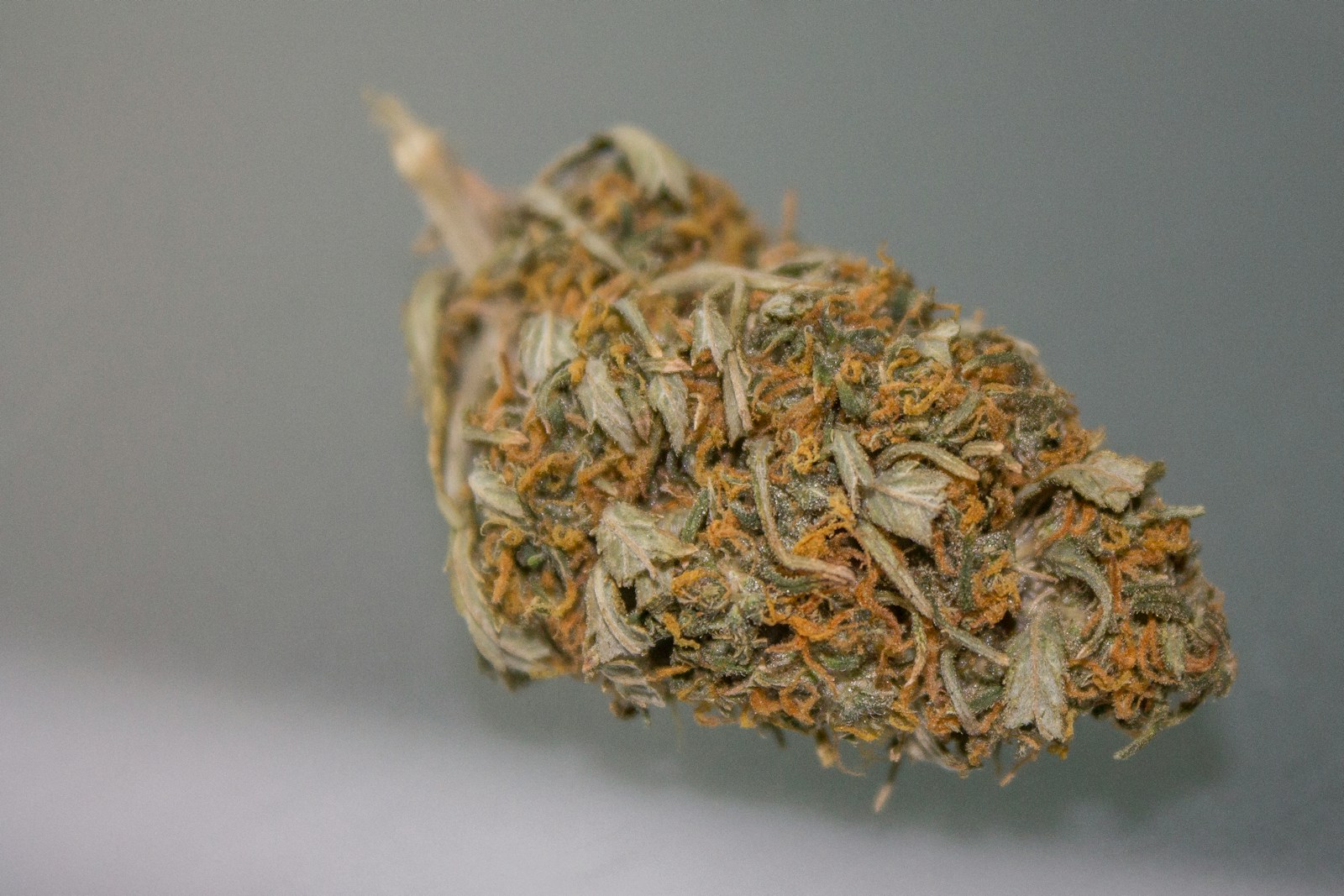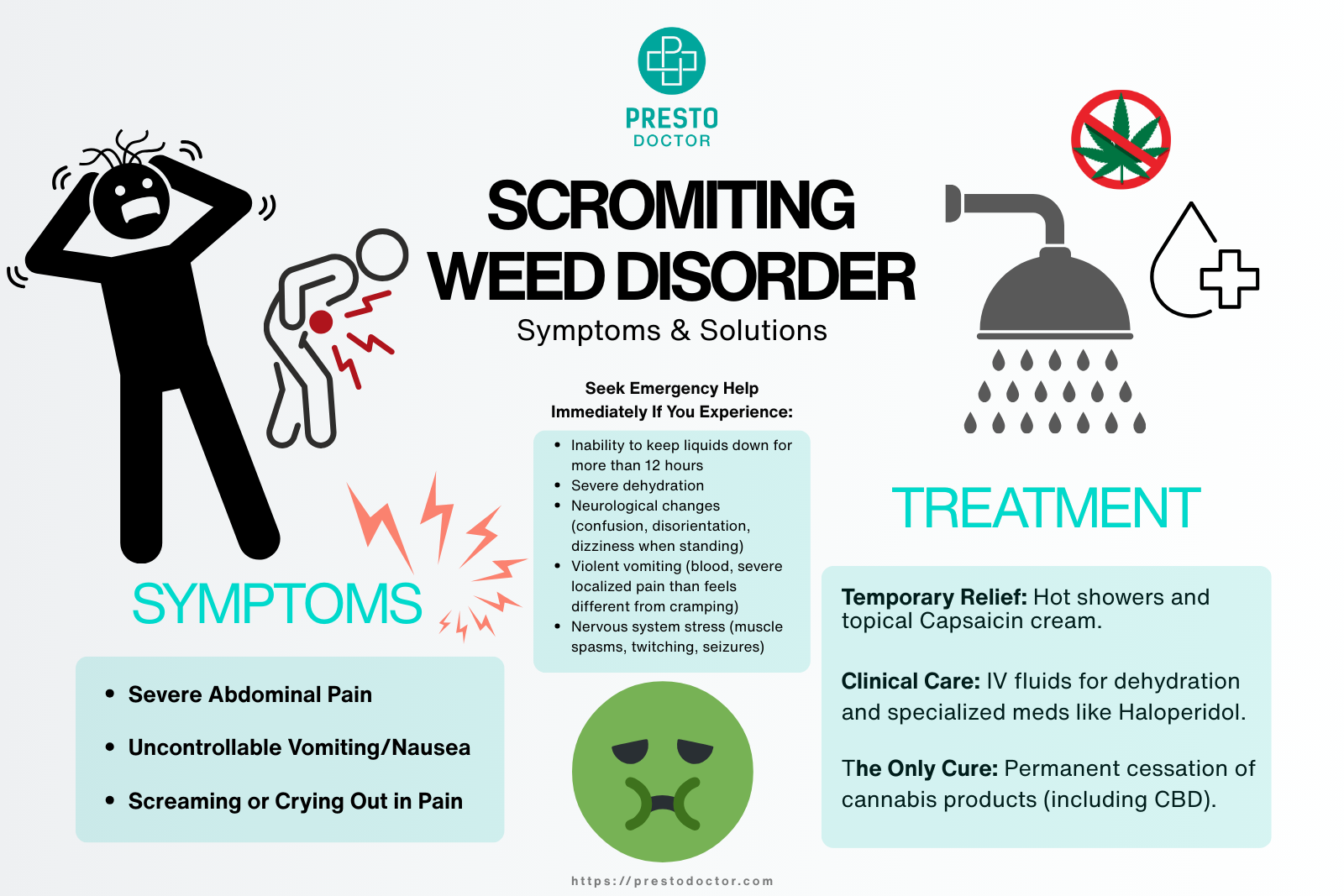
CBD, or cannabidiol, has been making headlines in the world of medicine and alternative therapies for some time now. But what about using CBD for pets? Is it really possible to use this natural compound to treat various ailments in our furry friends, or is it just a trend that will fizzle out? In this blog post, we will explore the science behind CBD for pets, separating fact from fiction. We will take a look at how CBD works, its potential benefits, and whether or not it is safe for pets to consume.
Understanding What CBD Is And How It Works
CBD, short for cannabidiol, is a naturally occurring compound found in the cannabis plant. Unlike its well-known counterpart, THC (tetrahydrocannabinol), CBD does not have psychoactive effects. This means it does not make pets or humans feel “high.”
CBD interacts with the endocannabinoid system (ECS) in the bodies of both animals and humans. The ECS plays a vital role in maintaining balance and regulating various bodily functions. Functions such as sleep, appetite, immune response, and mood are regulated by the ECS. It consists of receptors, enzymes, and endocannabinoids produced by the body itself.
When CBD enters into the body, it interacts with the receptors of the ECS, particularly the CB1 and CB2 receptors. These receptors are found throughout the body, including the brain, organs, immune cells, and peripheral tissues. By interacting with these receptors, CBD may help regulate and optimize the functions of the ECS.
Studies have shown that CBD has potential therapeutic effects, including anti-inflammatory, analgesic, anti-anxiety, and anti-convulsant properties. These properties have led to a growing interest in using CBD as a natural supplement for pets to alleviate various conditions such as pain, anxiety, inflammation, seizures, and more.
It’s important to note that while there is promising research and anecdotal evidence supporting the potential benefits of CBD for pets, the scientific understanding is still evolving. As with any supplement or medication, it’s essential to consult with a veterinarian before introducing CBD to your pet’s routine. They can provide guidance on proper dosing, potential interactions with other medications, and help assess if CBD is the right choice for your furry friend.
The Potential Benefits of CBD For Pets
The potential benefits of CBD for pets have become a hot topic of discussion among pet owners and veterinarians alike. CBD, or cannabidiol, is a compound derived from the hemp plant that is known for its therapeutic properties. While research on CBD for pets is still in its early stages, there is growing evidence that suggests it may offer several potential benefits.
One of the most widely recognized benefits of CBD for pets is its ability to provide relief from pain and inflammation. Many pet owners have reported that CBD has helped alleviate joint pain, arthritis, and other types of chronic pain. This may be due to CBD’s interaction with the endocannabinoid system, which plays a crucial role in regulating pain and inflammation.
CBD has also shown promise in reducing anxiety and stress in pets. It is well-known that pets can experience anxiety, especially during stressful situations such as thunderstorms, fireworks, or separation from their owners. CBD may help promote a sense of calmness and relaxation, making it a potential natural solution for anxious pets.
Furthermore, CBD has been studied for its potential anti-seizure effects in both humans and animals. Epilepsy is a common neurological disorder in pets, and traditional medications may come with unwanted side effects. CBD has shown some promising results in reducing the frequency and severity of seizures in certain cases. This offers hope for pet owners seeking alternative treatment options.
Exploring The Research And Evidence Behind CBD For Pets
When it comes to CBD for pets, there has been a growing interest and curiosity surrounding its efficacy and potential benefits. As pet owners, we want the best for our furry companions and it’s natural to want to explore any potential solutions that could improve their well-being.
One study conducted by Cornell University College of Veterinary Medicine found that CBD oil can help reduce pain associated with osteoarthritis in dogs. The study involved a group of dogs with naturally occurring osteoarthritis. The results showed a significant decrease in pain and an improvement in mobility after CBD treatment.
Another study published in the Journal of the American Veterinary Medical Association explored the use of CBD in the treatment of epileptic dogs. The results showed that CBD oil significantly reduced seizure frequency in the majority of the dogs involved in the study.
Differentiating Fact From Fiction – Addressing Common Misconceptions
As the popularity of CBD for pets continues to rise, it’s important to address common misconceptions surrounding this topic. There is often a cloud of uncertainty surrounding CBD, leaving pet owners unsure about its safety and efficacy for their furry companions.
One common misconception is that CBD will make pets ‘high’ or intoxicated. This is simply not true. CBD is derived from hemp plants, which contain minimal amounts of THC, the psychoactive compound responsible for the ‘high’ in marijuana. CBD products for pets are specially formulated to ensure they do not contain any psychoactive substances, making them safe for animals to consume.
Another misconception is that CBD is a cure-all for every ailment in pets. While CBD has shown potential benefits in managing certain conditions, such as anxiety, pain, and inflammation, it is not a magical solution for every health issue. It is important to have realistic expectations and consult with a veterinarian to determine if CBD is suitable for your pet’s specific needs.
Additionally, some pet owners may be concerned about the potential side effects of CBD. However, research suggests that CBD is generally tolerable in animals, with minimal side effects reported. As with any supplement or medication, it’s important to start with a low dosage and monitor your pet’s response. If any adverse effects occur, it’s advisable to discontinue use and consult with a veterinarian.
Safety Considerations And Potential Side Effects Of CBD For Pets
When considering CBD for your furry friends, it’s essential to prioritize their safety and well-being. While CBD has gained popularity for its potential benefits, it’s crucial to understand the potential side effects and safety considerations before introducing it into your pet’s routine.
While CBD is generally well-tolerated by pets, it’s essential to be aware of possible side effects. These can include drowsiness, dry mouth, lowered blood pressure, and in some cases, an upset stomach. It’s important to monitor your pet closely when introducing CBD and adjust the dosage accordingly to mitigate any adverse reactions.
Furthermore, it’s important to note that CBD should not replace any prescribed medications or treatments without consulting with a veterinarian. CBD should be a complementary approach to support your pet’s overall well-being, not as a substitute for proper veterinary care.
In conclusion, CBD for pets can potentially offer various benefits. However, it’s crucial to prioritize safety and consider the potential side effects. Consulting with a veterinarian, choosing high-quality products, and closely monitoring your pet’s response are key steps to ensure a positive and safe experience with CBD.
Finding The Right CBD Product For Your Pet
Finding the right CBD product for your pet is crucial to ensure their safety and well-being. With the increasing popularity of CBD for pets, it’s important to understand that not all products are equal.
First and foremost, consult with your veterinarian before introducing CBD to your pet’s routine. They can provide valuable insights and guidance based on your pet’s specific needs and health conditions. Additionally, they can help determine the appropriate dosage and frequency of CBD administration.
When searching for a CBD product, look for those specifically formulated for pets. These products are formulated with the unique physiology of animals in mind. They also may contain additional ingredients beneficial to their overall health.
Read product labels and choose CBD products that have gone through third-party testing. This ensures that the product has been independently verified for its CBD content and is free from harmful contaminants. Look for transparency from the manufacturer regarding the sourcing of their CBD, extraction methods, and any additional ingredients used.
It’s also important to consider the CBD potency and dosage. Start with a low dosage and gradually increase it as needed, monitoring your pet’s response closely. Every pet is unique, and their ideal dosage may vary based on factors such as size, weight, and individual tolerance.
Lastly, listen to your pet’s feedback. Observe their behavior, energy levels, and overall well-being after starting CBD. If you notice any adverse effects or changes in their health, discontinue use and consult your veterinarian.
Remember, finding the right CBD product for your pet may require some trial and error. Patience and careful observation will help you determine the most suitable CBD regimen for your furry friend.
Administration Methods For Pets
When it comes to using CBD for pets, understanding the appropriate dosage guidelines and administration methods is crucial. While CBD has shown promising potential in providing various health benefits for pets, it’s essential to ensure safe and effective usage.
In terms of administration methods, there are several options available for pet owners. CBD can be administered orally in the form of CBD-infused treats, capsules, or oils. These options provide a convenient and easy way to give CBD to your pets. Additionally, CBD oils can be mixed with their food or applied directly to their gums for faster absorption.
Topical CBD products, such as balms or creams, can also be helpful for specific skin conditions or localized issues. These products are applied directly to the affected area and can provide targeted relief.
Conclusion: The Future Of CBD For Pets
In conclusion, the future of CBD for pets holds immense potential, but it is crucial to continue conducting thorough research to separate fact from fiction. While there is promising anecdotal evidence and a growing body of scientific research, there is still much to learn about the effects, dosage, and long-term implications of CBD on our furry friends.
As the popularity of CBD for pets continues to rise, it is essential to approach its use with caution and skepticism. While CBD may offer potential benefits, it is not a miracle cure-all, and each pet’s response may vary. Taking into account individual factors such as breed, size, and medical history is crucial when considering CBD as a supplement or treatment option.
In summary, CBD for pets presents an exciting area of exploration in veterinary medicine. However, it is vital to approach it with a critical mindset and rely on evidence-based research to make informed decisions. By staying informed, consulting with professionals, and supporting ongoing research, we can navigate the evolving landscape of CBD for pets and ensure the well-being of our beloved furry companions.






